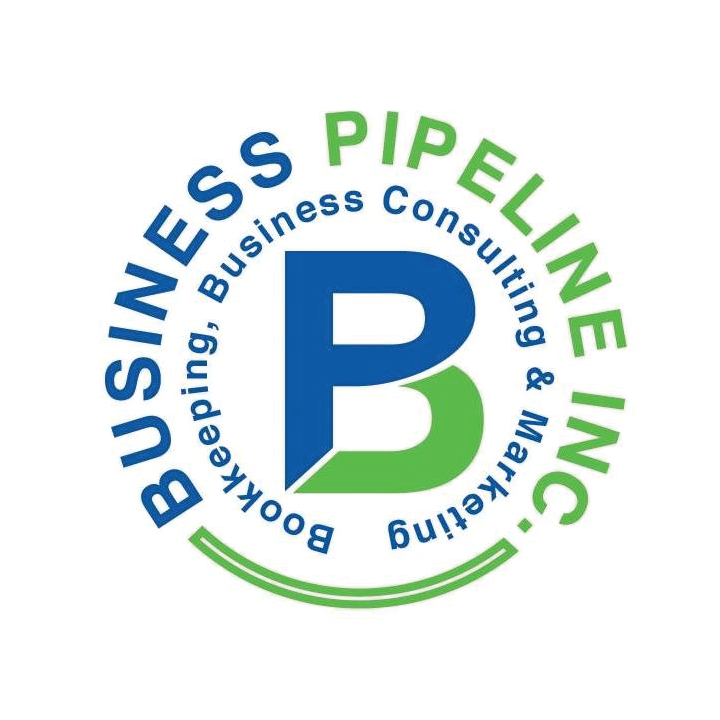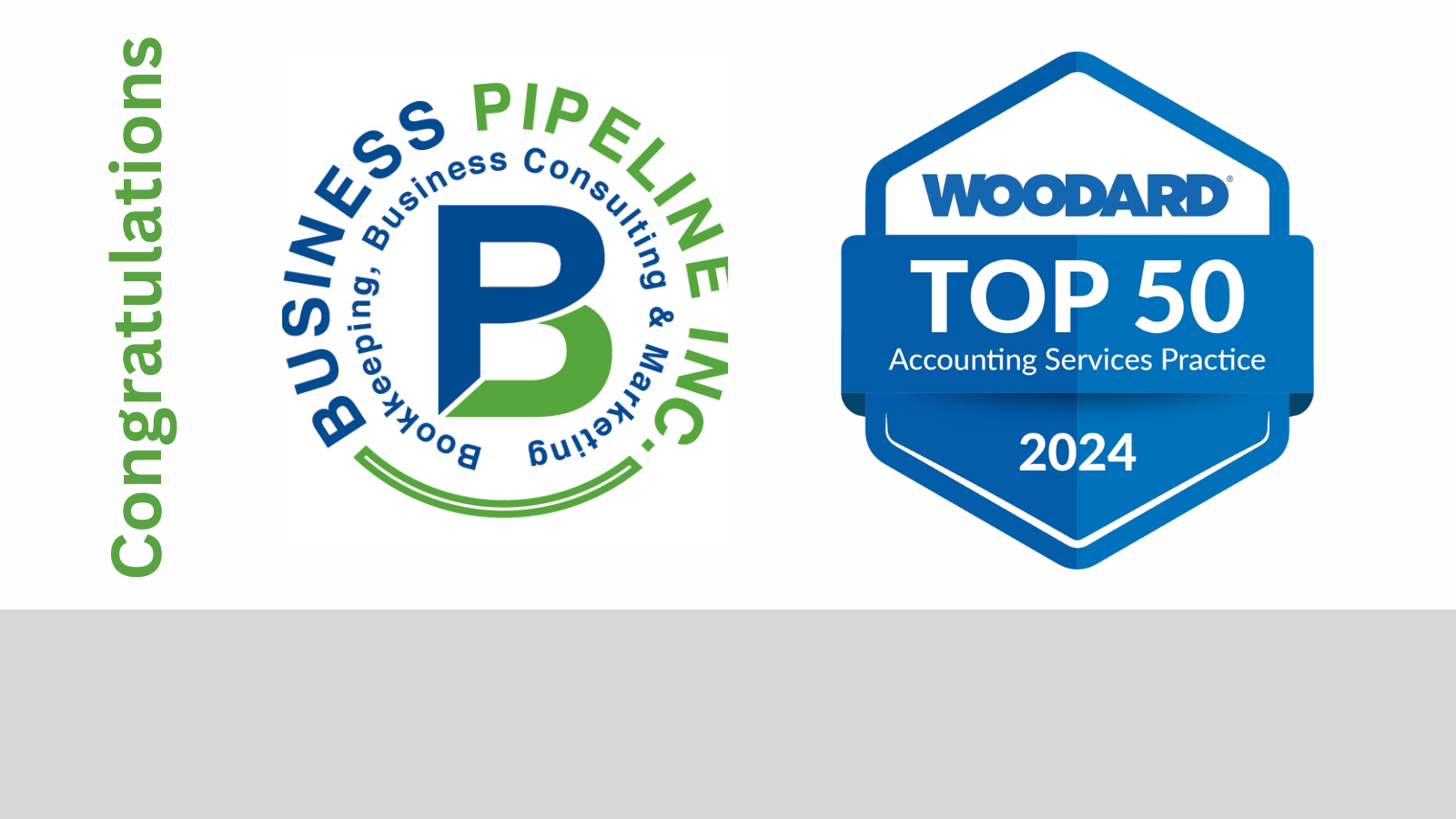Here are the six must-have documents required to open a business bank account in the United States. If you are a business owner, understand there are benefits to you having a business bank account rather than using a personal bank account. While it can be tempting not to pay attention to details, a dedicated business banking account is one of the best tools to ensure that your company’s finances run smoothly. Opening a business bank account is especially true for sole proprietors too. This kind of account makes keeping track of expenses and deposits for taxes and other purposes straightforward. More extensive business formations with multiple owners or executives provide security and documentation, protecting your company from unauthorized transactions and theft.
Opening a business bank account is not as daunting and convoluted as it may seem to someone who has never done it before. But it does require special documentation that a regular account would not. Get your information and documents together before setting off for the bank, and make sure everyone involved in the process is informed and included.
To open a business bank account without any delays, here are six things you must have.
1. Your team
If you choose to open your business banking account in person, you’ll need to bring along all owners, partners, and key executives involved in making banking decisions for your business. Anyone expected to manage and control the account should be present. Opening an account online can be more convenient in some ways. Bringing your team together to meet the officials handling your banking transactions can impress everyone — including bank officials — how serious and important this is for your company’s success and financial integrity.
2. Your Taxpayer Identification numbers (TIN)
You should provide a taxpayer identification number for the business and the individuals opening the account. TIN stands for “Taxpayer Identification Number,” and EIN stands for “Employer Identification Number.” These are the same thing: a nine-digit number assigned by the IRS to identify a business entity and other types of entities. In the case of your team members (or if you are a sole proprietor), this will mean supplying their social security numbers as well. Connecting your personal information to the account increases security by providing another way for the bank to confirm that only authorized company representatives are managing your money.
3. Two forms of personal identification
A government agency must issue one piece of identification from each individual, and this most often takes the form of a driver’s license or passport. A utility bill showing your name and address, a lease or documentation of homeownership, a Social Security card, or birth certificate is usually accepted for your second form of ID.
4. Original or certified copies of your business documents
Different business formations require different kinds of documents:
Sole proprietors: If your business shares your name, you will not need additional documentation. Suppose the business name does not include your legal first and last name. In that case, you will likely need one of the following documents:
-
-
a fictitious name certificate or statement
-
a certificate of an assumed name
-
a business license
-
a trade name registration.
-
Partnerships: For a general partnership, you’ll need a certified copy of the partnership, your fictitious name certificate or statement, a certificate of an assumed name, or your business license. If you don’t have any of those items, bring a written statement signed by all partners indicating that no written partnership agreement currently exists. Bring all authorized signers with you to start the account. Bring along a certified copy of your certificate of limited partnership or limited-partnership document for a limited partnership. And for a limited liability partnership, bring one of the following: articles of organization, your limited-partnership agreement, or your company’s limited-liability-partnership election.
Limited-liability company: Bring along a certified copy of one of the following: Your articles of organization, your certificate of organization, or your certificate of formation.
Corporation: Bring a certified copy of your articles of incorporation, certificate of good standing, or certificate of formation.
5. Special forms if you’re applying online
It’s possible to apply over the phone or via the web for an online business bank account. In today’s remote-friendly and collaborative economy, this is often the preferred method. However, starting your account without being in the bank physically requires additional paperwork. You’ll need to talk with the bank to find out the best and most secure way to submit the business documents required for the type of business you’re running. In addition, you’ll need to submit additional forms, including business and individual information, authorizing the bank to check your credit, and certifying who the owners of the company are.
A business bank account protects your personal finances while also making your business transactions more straightforward to keep track of and manage. This simple step to starting and running a successful company is vital. Prepare for it by ensuring that you have everything necessary in hand before beginning the account-opening process.
6. A Dedicated Business Email Address
When you open a business bank account, it’s wise to have a dedicated email address to have all correspondence from the bank go into that one email. Many more business owners use free email accounts. However, I encourage you to invest in owning a domain name to generate a customized branded email address. Why market another company when you can show your customers you are genuinely invested in the business by having a branded email address instead of yourbusiness@gmail.com, outlook, yahoo, or iCloud. Even if you are not ready to build the website or get business cards, you made the first step to securing your business in building the brand by owning the domain name that shows the customized email address.





